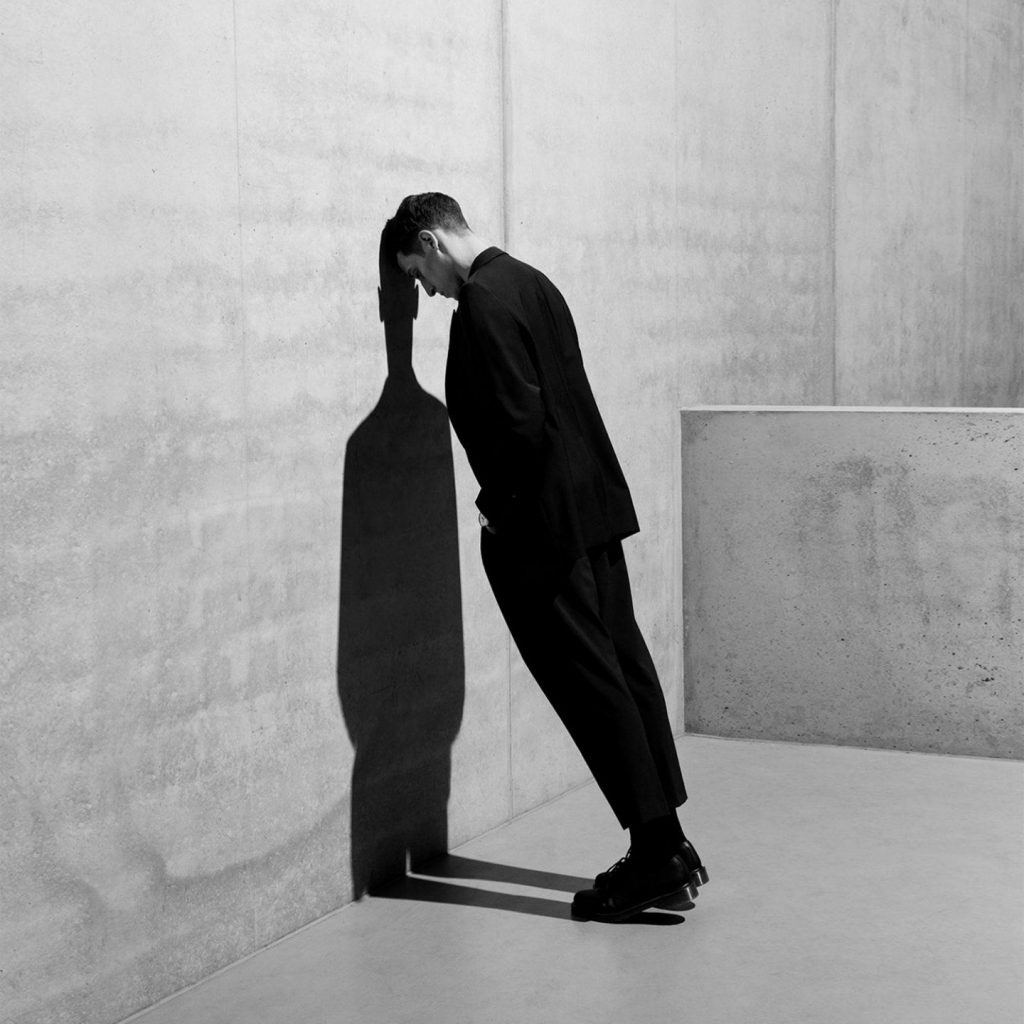
As I traveled the longish journey by train into work recently, I listened to a podcast from ‘The Bible for Normal People’ by Pete Enns and Jared Byas as they interviewed Kate Bowler, a Canadian professor at Duke University in North Carolina, USA. The title of the Podcast was ‘The prosperity Gospel & a Theology of Suffering’ which I found refreshing, deeply meaningful and illuminating. I subscribed to her Advent devotions and after reading this one about Dietrich Bonhoeffer, thought you might also find it interesting in these uncertain times.
The world has changed again under our feet. We continue to grieve the losses. Our collective and continuing vulnerability. The strange awareness that recovery is slow, uneven, and unjust. The rude awakening that the way things are, is not the way things are supposed to be.
And in the midst of this uncertainty, we trudge into the season of Advent. Twentieth-century theologian Dietrich Bonhoeffer (1906-45) wrote, “Advent season is a season of waiting, but our whole life is an Advent season, that is, a season of waiting for the last Advent, for the time when there will be a new heaven and a new earth.” He penned these words in a letter to his parents, while he sat in prison, jailed for his resistance efforts against Hitler’s regime.
After receiving his doctorate in Berlin, Bonhoeffer attended African American churches in the United States where he began to consider the proper Christian response to injustice—a curiosity that came to bear when confronted with the new Nazi regime in his home country of Germany. He was a brave and open opponent of Hitler’s plans for racial persecution and euthanasia of the helpless. When the Nazis took over the German Protestant churches, Bonhoeffer and others formed the underground Confessing Church to train pastors and conduct services free from fascist ideology. In the midst of this turmoil, he wrote The Cost of Discipleship, where he contrasts “cheap grace”—grace without discipleship, grace without the cross, grace without Jesus Christ, living and incarnate – with a costly grace that requires contrition and submission to Jesus.
“God is in the manger, wealth in poverty, light in darkness, succor in abandonment.”
DIETRICH BONHOEFFER
Bonhoeffer was in the United States when the Second World War broke out in 1939. His friends urged him to stay in safety but he said: “I must live through this difficult period in our national history with the people of Germany. I will have no right to participate in the reconstruction of Christian life in Germany after the war if I do not share the trials of this time with my people.”
Back in Germany, Bonhoeffer was recruited by the Abwehr, the military intelligence bureau which contained cells of anti-Nazis. There he helped in the escape of Jews and served as a contact between the German resistance movement and the Western Allies. In 1943, he was arrested and imprisoned, first in a military prison, then a Gestapo cell, and then in Flossenbürg concentration camp. While waiting for his trial and execution, Bonhoeffer wrote widely. These letters and papers were smuggled out of prison, and from them comes these reflections on the meaning of Advent:
“Celebrating Advent means being able to wait. Waiting is an art that our impatient age has forgotten. It wants to break open the ripe fruit when it has hardly finished planting the shoot…. For the greatest, most profound, tenderest things in the world, we must wait. It happens not here in a storm but according to the divine laws of sprouting, growing, and becoming.
Just when everything is bearing down on us to such an extent that we can scarcely withstand it, the Christmas message comes to tell us that all our ideas are wrong and that what we take to be evil and dark is really good and light because it comes from God. Our eyes are at fault, that is all. God is in the manger, wealth in poverty, light in the darkness, succor in abandonment. No evil can befall us; whatever men may do to us, they cannot but serve the God who is secretly revealed as love and rules the world and our lives.”
His letter to his parents continues:
“We can, and should also, celebrate Christmas despite the ruins around us…. I think of you as you now sit together with the children and with all the Advent decorations—as in earlier years you did with us. We must do all this, even more intensively because we do not know how much longer we have.”
Bonhoeffer and fellow resisters were executed in April 1945, just weeks before the end of the war.
Advent isn’t just a season in the Christian calendar. Advent is a state of being. So over the next four weeks, we are going to explore what it means to live in hopeful anticipation during a season of suffering and fear and uncertainty. When we just don’t quite know when it’s going to be okay, Advent reminds us of the discipline of hope.
(Bowler, K. (2021, December 9). The Season of Almost – a 4-week Advent Devotional. Retrieved from https://katebowler.com/: https://katebowler.com/advent/)
Gary Jewson
Learning Leader: Identity
